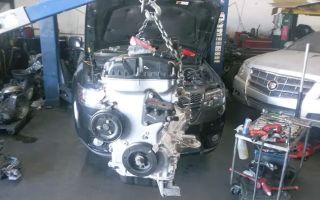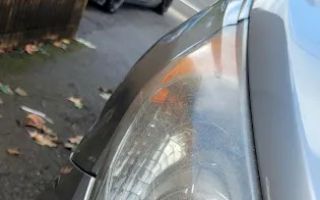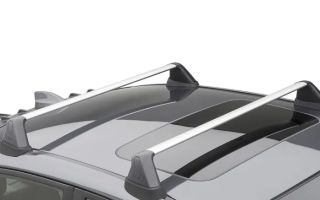What to Do If Your Car is Hit by a Tree Branch
Finding your car damaged by a falling tree branch is a frustrating and unexpected situation that can happen to any car owner. Whether it’s from a storm, strong winds, or even from the weight of the branch itself, dealing with the aftermath of tree branch damage requires quick action and a solid understanding of what to do next. This article will guide you through the steps to take when your car is hit by a tree branch, ensuring you handle the situation efficiently and protect your car, finances, and legal standing.
- Step 1: Ensure Your Safety
- Step 2: Document the Damage
- Step 3: Contact Your Insurance Company
- Step 4: Get a Professional Assessment
- Step 5: Explore Repair Options
- Step 6: Legal Considerations
Step 1: Ensure Your Safety
The first thing to do when your car is hit by a tree branch is to ensure your own safety and the safety of others around you. If the tree branch falls while you're driving, immediately pull over to the side of the road and turn on your hazard lights. If you're parked, check that there are no immediate dangers such as power lines, other falling debris, or hazardous conditions caused by the fallen branch. Once you’re safe, you can proceed to assess the damage and decide on the next steps.

Walmart Auto Care Centers
6304 N 99th St, Omaha, NE 68134, USA
Step 2: Document the Damage
It’s essential to document the damage to your car as thoroughly as possible. Take clear, high-quality photos from different angles, focusing on the tree branch’s impact points and any other damages like scratches, dents, or broken windows. If possible, try to capture the position of the fallen branch and the surrounding environment. This documentation will be crucial for your insurance claim or legal process, as it helps verify the cause of the damage.

High Street Automotive
43269 Osgood Rd, Fremont, CA 94539, USA
Step 3: Contact Your Insurance Company
Once you've documented the damage, contact your car insurance company. If you have comprehensive coverage, tree branch damage may be covered under your policy. Report the incident and provide all the documentation you've gathered. Be honest and thorough with your description of the incident to avoid complications. Your insurance company will likely assign an adjuster to assess the damage and guide you through the claims process.
Step 4: Get a Professional Assessment
In some cases, your insurance adjuster may not be able to evaluate the full extent of the damage without the help of professionals. A certified mechanic or auto repair technician can provide a detailed assessment of the vehicle’s structural and functional damage. This will help determine if there are any hidden damages that need to be addressed before repairs can begin. It's important to rely on professional advice to ensure your car is safe to drive.
Step 5: Explore Repair Options
Once you have the full damage assessment, you’ll need to decide on repair options. Depending on the severity of the damage, repairs might be straightforward, such as replacing a broken window or fixing a dent. However, in more serious cases, the damage may require extensive work, potentially involving the car's frame or engine. You can either take your car to a dealership, a trusted mechanic, or an auto body shop for repairs. If you have a choice between repair shops, get multiple estimates to ensure you're getting a fair price.
Step 6: Legal Considerations
In some cases, tree branch damage may involve legal considerations, especially if the tree that caused the damage is located on someone else's property. If the tree is on public property, it’s usually the responsibility of the local government or municipality. However, if the tree is on private property, you might need to reach out to the property owner for compensation or liability. If you’re unsure about your rights, it’s worth consulting with an attorney who specializes in property damage claims. They can help you navigate any potential disputes and ensure that you’re fully compensated for the damage to your vehicle.
In conclusion, dealing with tree branch damage to your car requires a combination of quick thinking, thorough documentation, and proper communication with your insurance company and repair professionals. By following these steps, you can ensure that your car is properly repaired and that you're not left with unexpected costs. In case of complex legal situations, don’t hesitate to seek legal assistance to ensure that you are protected. Remember, being proactive and informed is the key to minimizing the stress of this situation.
For more tips and reliable services related to towing and vehicle recovery, visit Rescue & Towing for the best professional assistance in handling vehicle incidents like these.




























